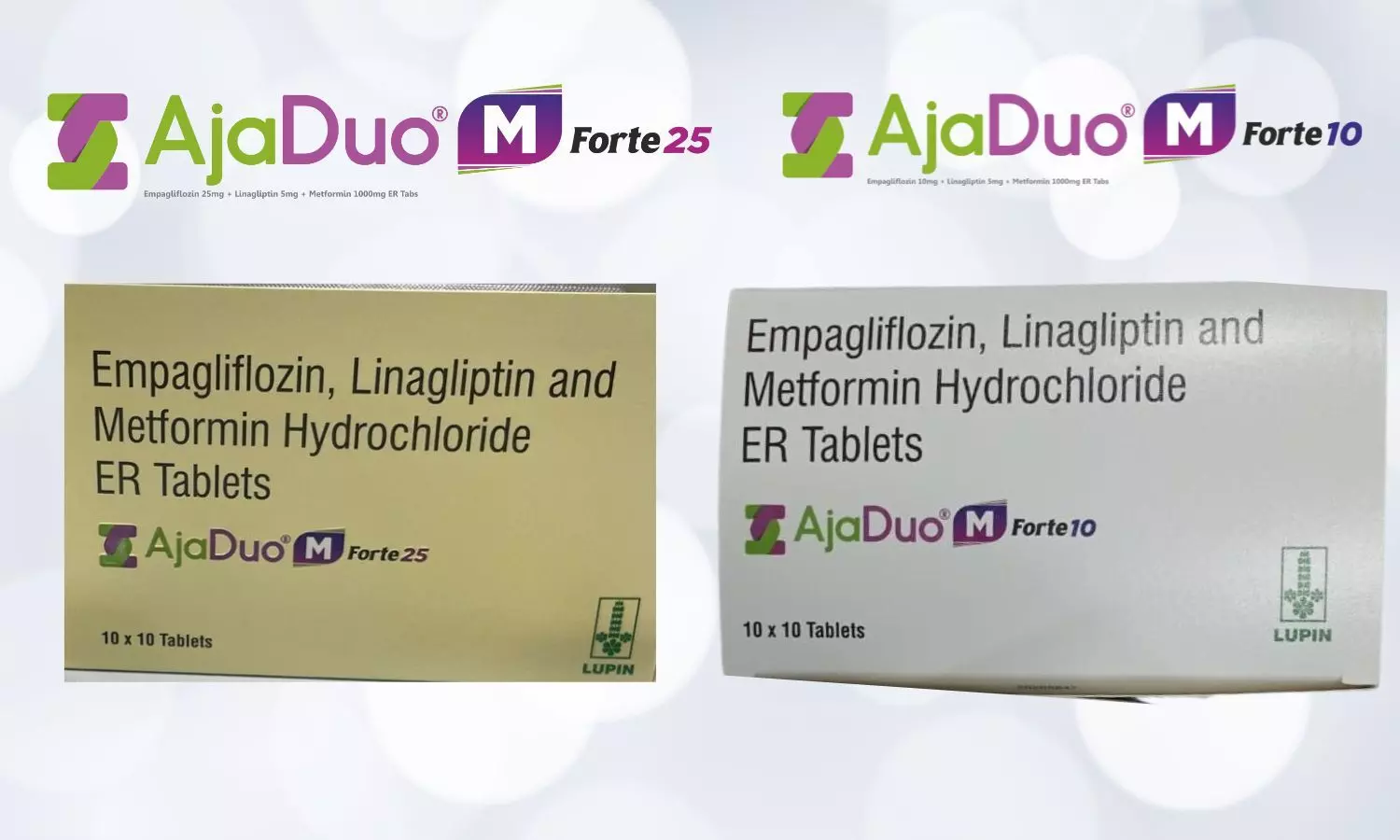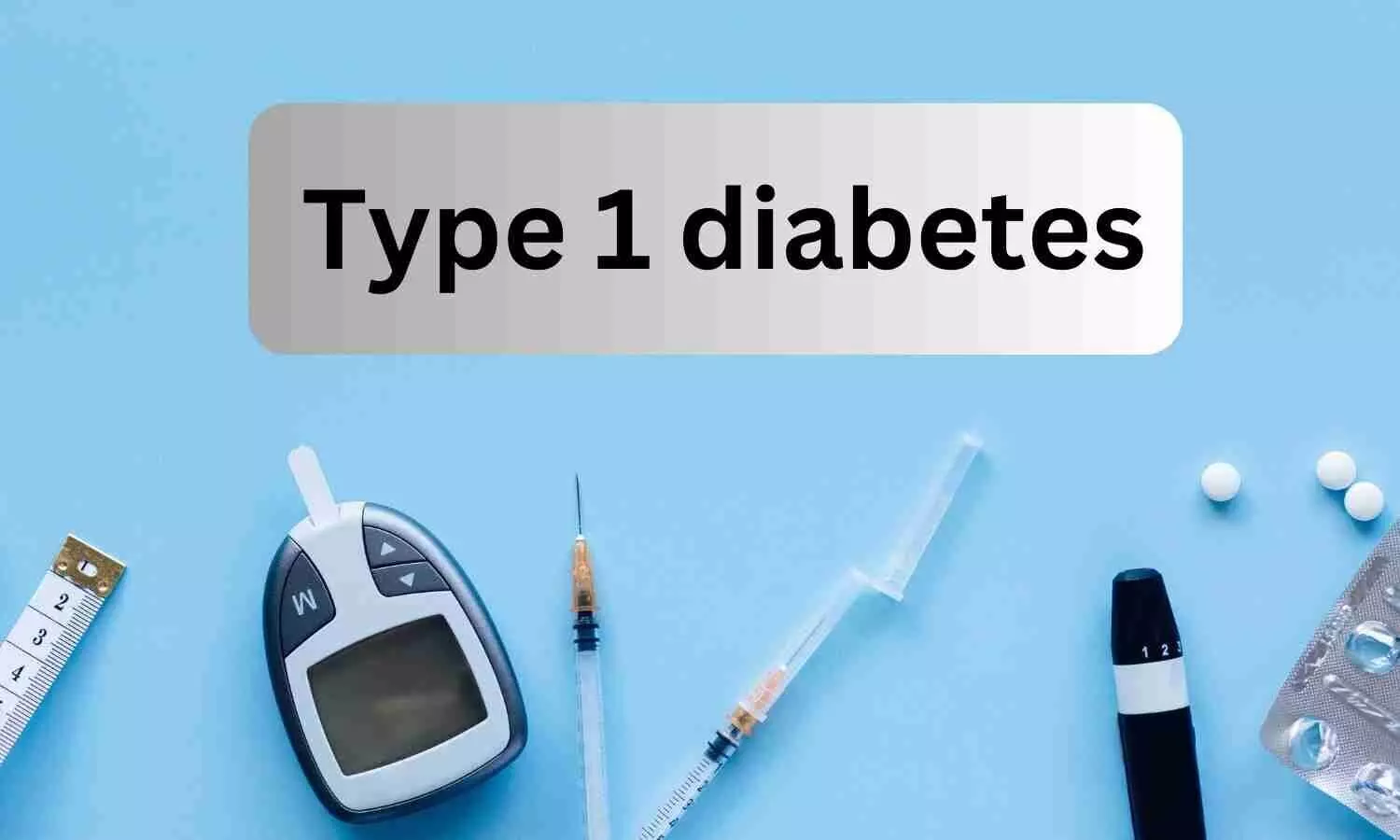Low coronary artery calcium score associated with excellent prognosis regardless of age: New study
Powered by WPeMatico
Powered by WPeMatico
Powered by WPeMatico
Powered by WPeMatico
Powered by WPeMatico
Powered by WPeMatico
Powered by WPeMatico
Powered by WPeMatico

Meerut: In an alleged case of medical negligence, the police have registered a case against a female gynaecologist in Uttar Pradesh’s Meerut for leaving a bundle of cotton inside a woman’s abdomen following a C-section delivery in 2018.
An FIR has been lodged against a female doctor here for alleged medical negligence after she left a bundle of cotton inside a woman’s abdomen following a C-section delivery, police said on Saturday.
The incident took place on June 30, 2018, when the woman gave birth to a daughter at Sirohi Nursing Home. Following the delivery, she began experiencing persistent stomach pain.
The case was registered at TP Nagar police station on Friday following a court order by Assistant Chief Magistrate Prachi Aggarwal on a complaint by Rajni Sharma, they said.
According to the PTI report, Sharma alleged that she gave birth to a daughter at Sirohi Nursing Home on June 30, 2018, where the surgery was performed by Dr Shikha Jain, a police officer said, citing the complaint.
She later experienced persistent stomach pain, but despite multiple consultations, the doctor diagnosed her with stomach ulcers, he said.
Also Read:2 Thane Hospital doctors booked for patient’s death
As her condition worsened, she underwent surgery at a medical college, where two operations were performed, the officer added.
Sharma further alleged that the pain was due to a cotton bundle left inside her abdomen due to Dr. Jain’s negligence, Station House Officer (SHO) Subodh Kumar Saxena said.
The complainant claimed that after receiving no response from authorities, including the Chief Medical Officer (CMO), she moved the court, the SHO said.
He said, “The case was registered on Friday following a court order of Assistant Chief Judicial Magistrate Prachi Aggarwal on the complaint by Rajni Sharma.” Meanwhile, Jain has denied all allegations, saying, “There is nothing like that. This is just a way to take money from the doctor.” When questioned about the alleged monetary demands from the woman, she told PTI that she was not aware of the specifics.
Meerut Chief Medical Officer Dr Ashok Kataria said that he was unaware of any complaint filed by Sharma at his office.
Police have initiated an investigation into the matter.
Also Read:Gynaecologist booked as woman dies after childbirth
Powered by WPeMatico

Global pharmaceutical company Lupin Limited has announced the launch
of Ajaduo M Forte, a novel triple
fixed-dose combination (FDC) therapy for the management of Type 2 Diabetes Mellitus (T2DM) in India.
Ajaduo M Forte combines three well-established
agents- Empagliflozin, Linagliptin, and
Metformin Extended Release (ER)- into a single daily tablet, simplifying
treatment regimens for patients struggling with diabetes and its associated
complications.
The product will be available in two
strengths:
Empagliflozin, an SGLT2 inhibitor, promotes urinary glucose excretion and offers
cardiovascular and renal benefits. Linagliptin,
a DPP-4 inhibitor, enhances incretin levels to improve insulin secretion and
reduce glucagon release. Metformin ER
improves insulin sensitivity and suppresses hepatic glucose production.
With its focused Fixed dose combinations,
Ajaduo M Forte specifically targets multiple pathophysiological defects
described in the Ominous Octet model,
addressing key contributors such as insulin resistance, beta-cell dysfunction,
and increased renal glucose reabsorption. It is the only USFDA-approved
fixed-dose triple combination of Empagliflozin, Linagliptin, and Metformin,
providing a comprehensive approach to glycemic control. The formulation aligns
with globally recognized guidelines, including those issued by the ADA/EASD and RSSDI, reinforcing its clinical relevance and utility in modern
diabetes management.

Commenting on the
launch, Mr Gagan Arora, Vice President Sales and Marketing, “Ajaduo M Forte reflects our commitment to
delivering innovative, patient-centric solutions. This triple combination
simplifies therapy while offering robust efficacy aligned with international
recommendations, enabling better long-term outcomes for diabetes patients in
India.”
With Empagliflozin going off-patent, Lupin has
strategically expanded its diabetes portfolio by launching Ajaduo, a fixed-dose
combination (FDC) of Empagliflozin and Linagliptin, available in Ajaduo 10/5
and Ajaduo 25/5. Additionally, the company has introduced Ajaduo M Forte, a
triple FDC of Empagliflozin, Linagliptin, and Metformin Extended Release,
available in Ajaduo M Forte 25 and Ajaduo M Forte 10.
You can
read about it at the link below:
Powered by WPeMatico

City of Hope®, one of the largest and most advanced cancer research and treatment organizations in the United States and a top research center for diabetes and other life-threatening illnesses, is leading a phase 1/2 clinical trial investigating an osteoporosis medication as a way to improve beta cell health in people with early type 1 diabetes.
The study, which is now open, will explore whether denosumab, a human monoclonal antibody that is Food and Drug Administration-approved for the treatment of osteoporosis and bone tumors, can protect and regenerate beta cells, which produce insulin to regulate blood sugar, in type 1 diabetes patients.
Type 1 diabetes arises when a person’s immune system destroys beta cells, and they no longer make the needed amount of insulin to stay healthy. However, in the early stages of type 1 diabetes, some beta cells are still alive and functioning.
The phase 1/2, randomized, double-blind, multicenter clinical trial will evaluate the safety and efficacy of denosumab for improving beta cell function and blood sugar control among patients with early type 1 diabetes, who continue to make some insulin.
“This is an exciting new application of a known medication that, in addition to potentially protecting and/or expanding the beta cells that remain in early type 1 diabetes patients, might also be able to help other patients with diabetes to increase beta cell number and/or function,” said Fouad R. Kandeel, M.D., Ph.D., the Arthur D. Riggs Distinguished Chair in Diabetes & Metabolism Research at City of Hope and the trial’s co-principal investigator. “We are actively working to enroll qualified patients and look forward to seeing where this trial leads us.”
In the bone, denosumab works by inhibiting a protein called RANKL (Receptor Activator of Nuclear Factor Kapp-B Ligand), blocking its interaction with the receptor RANK, thereby reducing bone damage.
“We have found that the same RANKL/RANK pathway can destroy beta cells,” said Rupangi Vasavada, Ph.D., City of Hope associate professor in the Department of Translational Research & Cellular Therapeutics and the trial’s co-principal investigator. “Previous studies in our lab by Nagesha Guthalu Kondegowda, Ph.D. have shown that denosumab can inhibit this detrimental pathway and improve beta cell health by protecting, increasing the number and/or improving the function of beta cells.”
By protecting and preserving beta cell function, the medication could slow down the progression of type 1 diabetes and improve blood sugar control.
Primary funding for this clinical trial comes from Breakthrough T1D, formerly JDRF, the leading global type 1 diabetes research and advocacy organization. The trial is also funded by and part of The Wanek Family Project for Type 1 Diabetes at City of Hope, which seeks to find cures for the disease.
Patients are being recruited at City of Hope in the Los Angeles area and at two other locations: University of Alabama at Birmingham (led by Anath Shalev, M.D.) and Indiana University (led by Carmella Evans-Molina, M.D., Ph.D.). Participants must be adults, ages 18 to 50, with early type 1 diabetes, who are less than five years from initial diagnosis and have residual beta cell function.
Participants will be randomized with a 2:1 treatment to placebo ratio. The treatment group will enroll 30 individuals with the denosumab regimen of 60 milligrams injection given under the skin every three months for a total of four injections. The placebo arm will enroll 15 individuals and be administered with normal saline placebo using the same regimen. The study participants will be followed for 12 months for adverse events and tested for changes in beta cell function and blood sugar control parameters.
Powered by WPeMatico
